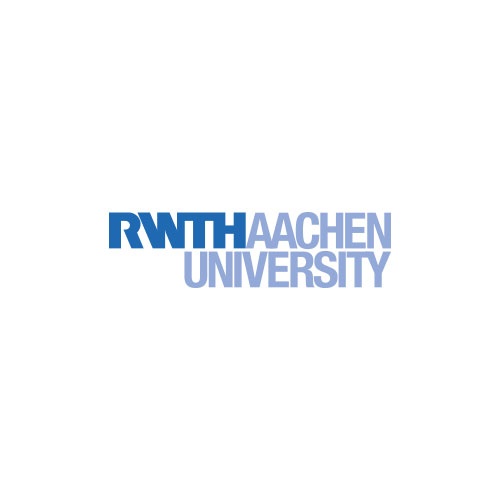RWTH Aachen Launches New Leibniz ScienceCampus Focused on Innovative Treatments Research
A new research network between the DWI – Leibniz Institute for Interactive Materials, Uniklinik RWTH Aachen, and RWTH is being established in Aachen: In this innovatively structured initiative, the ACTISONO Leibniz ScienceCampus (Sonopharmacology – Activation of Drugs Through Ultrasound), researchers from chemistry, biology, medicine, and engineering are set to develop novel technologies for the activation of pharmaceutical ingredients using ultrasound. At its meeting on March 19, 2024, the Senate of the Leibniz Association voted in favor of establishing the first ScienceCampus in Aachen. The researchers will initially work together for four years. The project receives funding in the amount of around 3.6 million euros.
The scientists’ vision and goal is to use ultrasound as an external trigger to control the activity of different classes of active substances. They thus strive to create new possibilities in the treatment of diseases such as bacterial infections or liver damage. In the future, patients should be able to administer drugs precisely in the regions of the body where they are needed in order to minimize side effects.
“We are extremely pleased to have the opportunity to create a new interdisciplinary field of research in the Leibniz ScienceCampus.” With this project, we want to train new specialists and contribute to the well-being of patients,” said Professor Andreas Herrmann, spokesperson for the Leibniz ScienceCampus and Scientific Director of the Leibniz Institute in Aachen.
In addition to developing various chemical-medical drug carriers, the researchers will also explore their safety for use in patients. Furthermore, there will be a team dedicated to the development of the highly specialized ultrasound technology required for the project.
“The new Leibniz ScienceCampus makes an important contribution to the pioneering work of transformative medical materials from Aachen,” said Professor Stefan Uhlig, Dean of RWTH’s Faculty of Medicine. Aachen has a long tradition and expertise in the development of novel transformative biomedical materials. The Aachen researchers want to establish a Cluster of Excellence to pool and the knowledge and experience in this area.
The mission of the planned Cluster of Excellence “Transformative Medical Materials: Design, Production, Translation” (TransMedMat) is to usher in a new era of medicine. This is to be facilitated by the development and application of novel transformative biomedical materials, which are able to adapt to biological interfaces and interact with them in the human body. The German Research Foundation and the German Council of Science and Humanities have now asked Professor Fabian Kiessling and Professor Laura De Laporte, as spokespersons of TransMedMat, to prepare a corresponding full proposal for funding within the framework of Germany’s Excellence Strategy. The two researchers are also part of the ACTISONO research consortium.
“The Sonopharmacology Leibniz ScienceCampus is a perfect fit for our RWTH Aachen Campus. It exemplifies the collaborative strength of all partners involved and fits with our strategy of placing a greater focus on the life sciences. With TransMedMat, we can now apply for a further Cluster of Excellence in Germany’s Excellence Strategy. This is a testimony to the strengths we already possess in this area, and we want to expand them even further,” said Professor Ulrich Rüdiger, Rector of RWTH Aachen University.
Leibniz ScienceCampi enable Leibniz institutions and universities to advance specific topics in regional collaborations and strengthen their scientific environment. Leibniz ScienceCampi conduct strategic research; promote interdisciplinary topics, projects and methods; and raise the profile of the research of the institutions involved.

